
25+ Joyful Indoor Activities for Seniors That Will Transform Their Day
As seasons change in Reno and Carson City, or when mobility becomes a challenge, finding engaging indoor activities for seniors can feel like a difficult
Picture this: As the sun dips below the horizon, casting a warm glow across the room, your elderly loved one enters a unique phase of their day. Restlessness takes hold, and a once-familiar environment seems to shift into an unfamiliar landscape.
Your senior’s behavior transforms: agitation and confusion intertwine, casting shadows on their demeanor. Faces become masks difficult to recognize, and fleeting memories play hide-and-seek in the recesses of their mind.
Your loved one may start pacing back and forth, their footsteps echoing the rhythms of their racing thoughts. Conversations may become threads of fragmented sentences, woven with anxiety and urgency.
As the night deepens, a quiet unease can turn into restless wandering, an instinctive response to the disorientation that the setting sun is bringing to your elderly relative or friend.

That’s how a senior with Sundowners Syndrome might experience the latter hours of any day. In these moments, patience, compassion, and gentle guidance become beacons of light that can dramatically improve your loved one’s state of mind.
Sundowners Syndrome, medically known as “sundowning,” is a phenomenon associated with changes in memory and mental health. It often affects people—particularly the elderly—who have cognitive impairments, such as Alzheimer’s disease or other forms of dementia.
It’s characterized by an increase in behavioral and psychological symptoms during the late afternoon and evening hours, typically as the sun begins to set.
While the exact cause of sundowning is not fully understood, it’s believed to be linked to disruptions in the internal body clock, sensory overload, fatigue, and hormonal imbalances, as well as the cognitive challenges associated with various types of dementia.
If your beloved senior experiences sundowning, they may display a range of symptoms such as:
The shift from day to night can lead to them feeling very disoriented and unable to cope with their daily routine, potentially causing distress for your loved one, their caregivers, as well as family and friends.
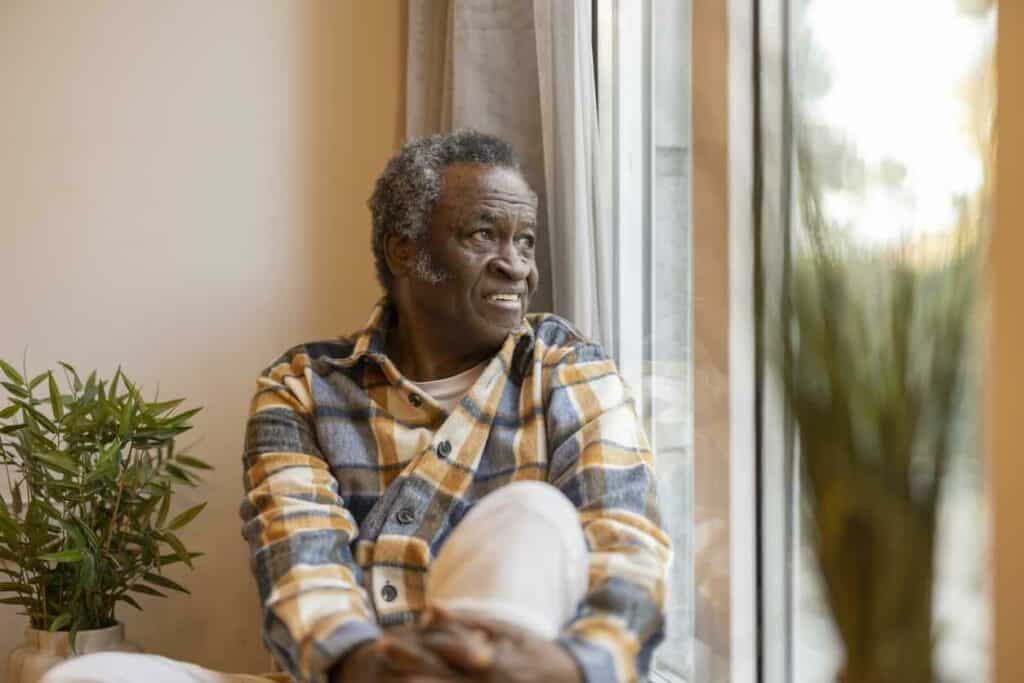
There are several things you can do to help your elderly loved one cope with and diminish Sundowner’s Syndrome. These are all very practical measures that are simple to do and can have a significant positive effect on your senior.
In all of the following, consult with healthcare providers or specialists experienced in elderly care. They can provide valuable insights and tailor strategies to your loved one’s needs.
Creating a structure for your senior with Sundowner’s Syndrome can provide stability, restore calm, reduce triggers, and reduce anxiety during the challenging evening hours. To do so, there are a few best practices that you can follow:

Making the environment conducive to relaxation as the evening progresses can make a significant difference because it signals the brain that it’s time to unwind. These are some factors that can help achieve that:
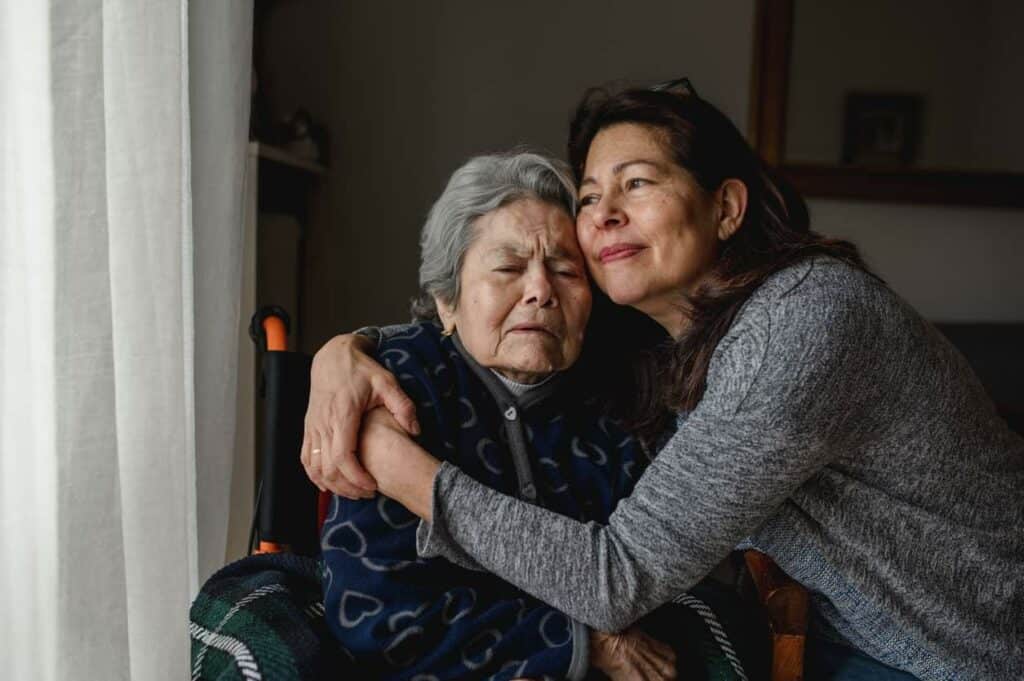
Healthier sleep habits can significantly improve your loved one’s overall mental state and, consequently, help them cope better with Sundowners Syndrome. Support your senior in having better sleep hygiene by doing the following:
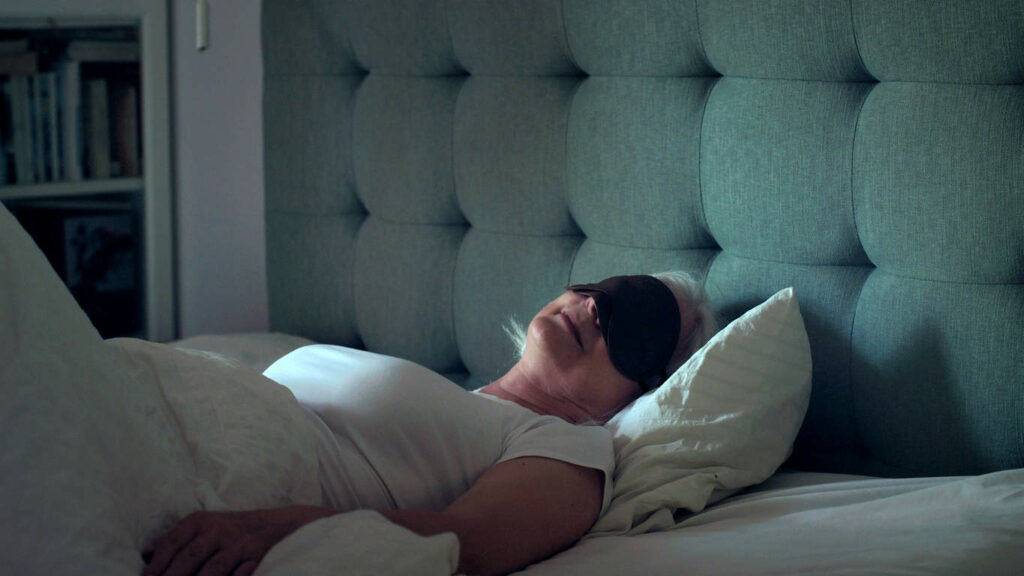
Several medications can interfere with your loved one’s natural body rhythms, increase anxiety, or contribute in other ways to the dissociative states that characterize Sundowners Syndrome. That’s why it’s important to create a medication plan that doesn’t increase sundowning symptoms.
Together with your senior and their doctors, plan a medication strategy that helps your loved one adjust better to the late hours of the day by taking advantage of these recommendations:

At Amy’s Eden, we know you’d do anything so that your loved one’s evenings can be peaceful and enjoyable, as well as the rest of their every day. We feel the same way and so, we want to be your trusted ally in giving your senior the best possible care.
We have 15 years of experience and a signature caregiving model that gives dedicated attention and support to each one of our seniors by our expert and loving caretakers.
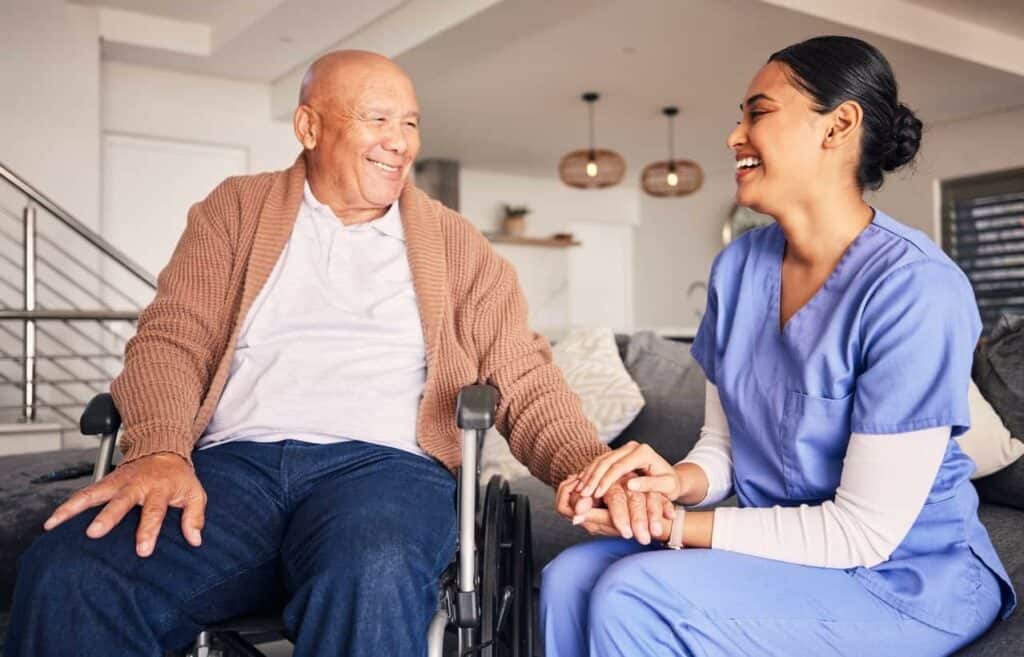
We offer caregiving for the elderly through a variety of services—from chronic condition care to dementia care, and many others—in the comfort of your loved one’s home or at one of our premium residences located in upscale neighborhoods in Reno and Carson City, NV.
Our caregivers are vetted, trained, and skillful in a variety of settings, and passionate about helping the elderly enjoy their golden years to the fullest. You can trust they will form an enduring bond with your loved one while they bring them comfort, support, and joy. Contact us today to get started.
Learn more: In-Home Assisted Living Carson City – Is This What Your Loved One Needs?
Find a caregiver >
Find a caregiver >
Get care >

As seasons change in Reno and Carson City, or when mobility becomes a challenge, finding engaging indoor activities for seniors can feel like a difficult
Family Survey Please share your honest feedback to help us improve the care and safety of your loved one.
Professional Senior In-Home Care in Carson City Keep your loved one in the comfort of their cherished home. Amy’s Eden delivers exceptional senior care services
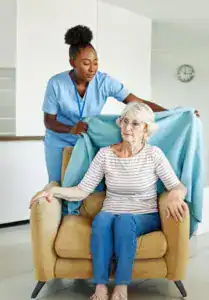
The Best Home Care in Reno, NV The comfort of your home, the quality of Eden. We provide compassionate, professional in-home care services for seniors
Find a caregiver >
